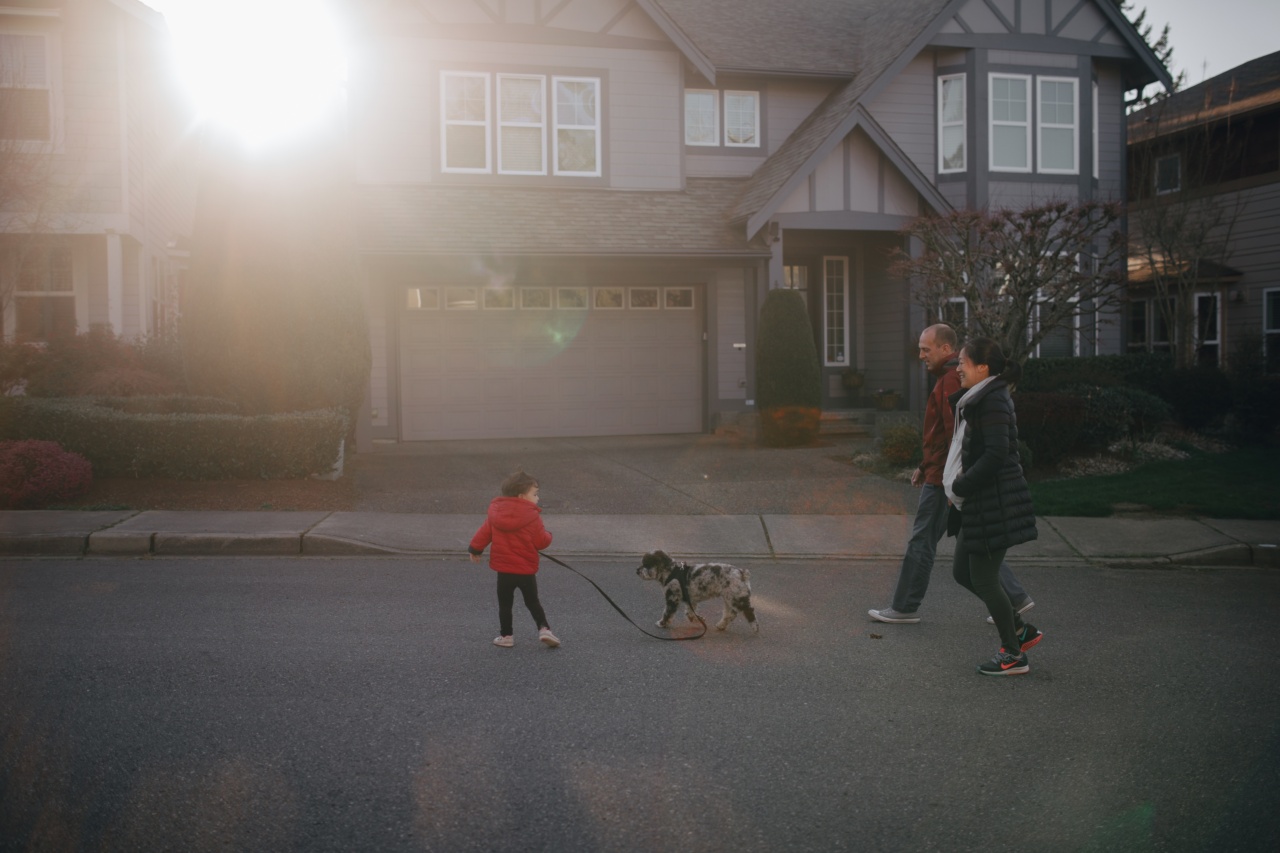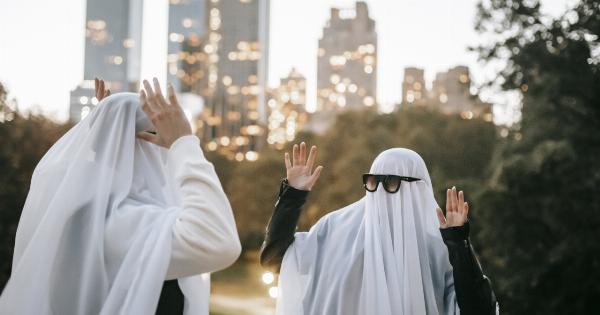Falling is a common problem among older adults. While factors like muscle weakness, balance problems, and medication side effects are typical causes of falls, psychological factors also play a role in fall risk.
Psychological causes of falls can be tough to identify because their symptoms may not be immediately apparent. This article discusses some of the psychological causes of falls in adults and offers tips for preventing falls.
Fear of Falling
Fear of falling, or FOF, is a common psychological cause of falls in older adults. It is an excessive fear that a person develops after experiencing a fall or having difficulty with balance or mobility.
Fear of falling can lead to restricted activity and isolation, which can increase the risk of falls.
It is essential to address fear of falling to prevent falls.
Encouragement to continue participating in desired activities and supporting the use of assistive devices like canes, walkers, or wheelchairs can help older adults regain confidence and remain active. Family and caregivers can also provide emotional support and assist in fall prevention measures to prevent falls.
Depression and Anxiety Disorders
Depression and anxiety disorders can also increase the risk of falls among older adults. Both disorders may cause physical symptoms like muscle tension and coordination issues, leading to reduced balance and increased fall risk.
It is crucial to seek medical and behavioral health care for those experiencing depression or anxiety disorders. Treating the symptoms of depression and anxiety can improve balance and decrease the risk of falls.
Engaging in physical activities like yoga and tai chi can help improve balance and mood.
Substance Abuse
Substance abuse and dependence can elevate falls in adults of all ages. Substance abuse can lead to impaired vision, decreased response time, and poor judgement, increasing fall risk significantly.
It is essential to seek treatment for substance abuse to decrease the risk of falls. Often, substance abuse treatment programs include counseling, medical detox, and behavioral health services to support people in recovery.
Cognitive Impairment
Cognitive impairment, including dementia, can be a significant psychological cause of falls in older adults. It can cause difficulties with coordination, judgment, and balance, leading to increased fall risk.
It is crucial to seek an evaluation of cognitive impairment and receive an individualized treatment plan.
Having a structured environment, frequent monitoring, and assistance with daily activities can help prevent falls in those with cognitive impairment.
Loneliness and Social Isolation
Loneliness and social isolation can lead to depression and anxiety, which can increase fall risk.
Social connection is particularly important for older adults, and isolation can lead to difficulty navigating the environment and decreased physical activity.
It is helpful to encourage older adults to participate in group activities and events in the community. Caregivers and family can also participate in activities with older adults, reducing feelings of isolation and promoting socialization.
Visual Impairment
Visual impairment is a common psychological cause of falls in older adults. Vision is crucial in navigating the environment, and vision problems can cause difficulty in detecting obstacles and reducing balance.
It is essential to receive regular eye exams and inform medical professionals of any visual symptoms or changes. Appropriate equipment, like glasses or contacts, can help improve vision and reduce fall risk.
Conclusion
Psychological causes of falls in older adults can have a significant impact on fall risk. Understanding the psychological factors that can increase the risk of falls is essential to decrease the risk of falls and promote healthy aging.
Caregivers, family, and healthcare professionals can work together to provide support and implement preventive measures, reducing fall risk, and promoting safety.






























